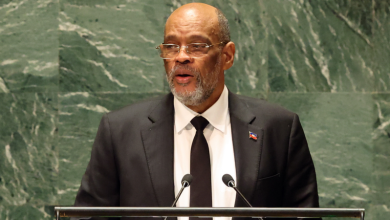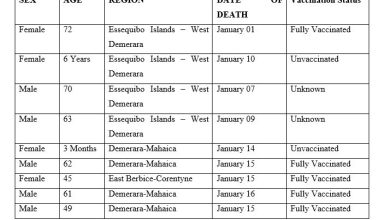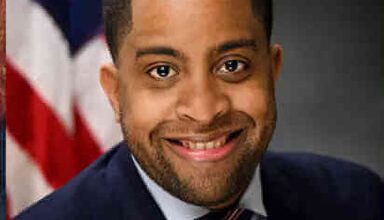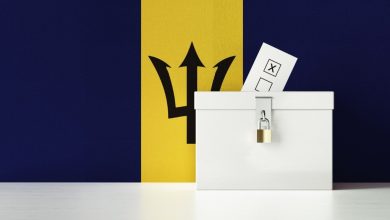All (did not) Hail the King – Republic, future republics protest coronation
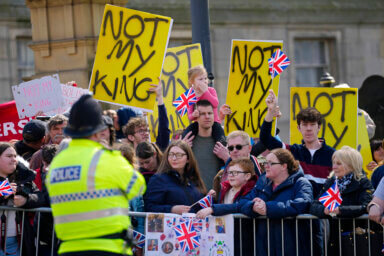
Contrary to major media reports here that billions watched the coronation of King Charles III in England, social media and foreign press provided evidence of far less witnesses to the May 6 spectacle marking British royal generational transition of sovereignty.
Promoted with much fanfare as the must-see dawning of a new day, prior to the main event, national broadcast outlets trained their lenses on watch parties hosted by expats from the United Kingdom in order to hype anticipation for the European tradition.
However, to the chagrin of audiences, official sources have since reported that at the peak viewing period of viewing in Britain less than half the population bothered to tune in to watch the highly anticipated ceremony.
Actual figures represented 20 million Britons and a diminished audience of nine million less television viewers than those who witnessed last year’s funeral for his mother Queen Elizabeth II.
Figures from the United Kingdom’s BBC One TV station conceded a downward spiral from 20 million to a measly five million nationals interested in the historic gala compared to numbers from last September when the same family staged a royal sendoff for the 96 -year-old monarch who ruled the British empire for 70 years.
Alternative media also cited reduced numbers from 31 million attributed to viewers of the 1997 nuptials for the then former prince to teenaged Diana Spencer aka Princess Diana.
Along with reports of a scaled-down processional route from the five-mile cortege the departed queen traversed from Westminster Abbey to Windsor Castle for burial last year, in comparison the king’s 1.3 mile ride to Buckingham Palace paled.
Reportedly the shortened route was imposed in order to fend off embarrassment from low spectator turnout, inclement weather and protest demonstrations.
Here, a perception of a global fascination enticed viewers to commercial television viewership but also ignored to mention that not all Brits hailed the king.
In fact, anti-monarchists and other dissenters accounted for protesters of the glorified gala.
A group known as Republic carried signs reading “Not My King” and “Abolish The Monarchy.”
They are proponents of a British Republic.
Resident Rastafarians in England also voiced dissent by brandishing banners demanding “Reparations Now” and boldly called for concession from the crown.
Their signs spoke volumes for the call to “Apologize.”
Instead of the red, white and blue Union Jack, Jamaicans in England were seen waving their black, gold and green colors in solidarity with those opposed to the pageantry exhibiting royal British tradition.
On the Caribbean island, an amplified commitment to sever ties with the crown united the two-party Parliament.
Prime Minister Andrew Holness is leading his Jamaica Labour Party to decide a referendum on removing the king as the head of state.
“We want our own Caribbean identity…”
Marlene Malaloo Forte, Jamaica’s minister of legal and constitutional affairs explained that a consensus had been reached to abolish the constitutional monarchy which will be replaced by a president of the Republic of Jamaica.
“We plan to petition the king,” Olivia Grange, the island’s minister of culture said, “as a result of British colonization we suffered injustices and they (the monarchy) are responsible…”
Jamaicans in parliament seem resolute that by 2025 the island will sever ties with the monarchy.
Opposition People’s National Party representative Lisa Hanna vociferously denounced hypocrisy she outlined in a social media post that lauded social democrat Michael Joshua Manley for making an early call in the 1980s to dismantle ties with Britain.
“Imagine being governed by the same country that kept you enslaved for more than 300 years…”
Hanna posted a 15-minute message adamantly amplifying the need for a Jamaican Republic.
“We should have the right to be independent from Britain”
In their coverage, American television outlets ignored complaints about the flaunting of a 280-year-old gold carriage the king and queen travelled. But social media didn’t.
Although many citizens expressed shame that the gold and diamonds flaunted were dug out of Africa; and that the crown was stained with blood from ill-gotten gains none of this made commercial airwaves.
Indian online podcasts denounced the coronation citing Asian history and the subservience Britain demanded using violence, looting and criminal tactics in their Asian nation.
“Britain perfected the slavery Portugal and Spain started” by plundering and killing more than 100 million Indians” a viral message charged.
Were it not for cable TVs “Democracy Now” hosted by Amy Goodman, Americans could conclude a global approval of the coronation.
Guyana, Dominica and Trinidad & Tobago blazed the trail in the 1970s for establishment of Caribbean Republics.
Barbados followed suit last year.
The former Prince Charles now King Charles III represented Queen Elizabeth II then.
Belize and Bahamas could be next in line.
Catch You On The Inside!

